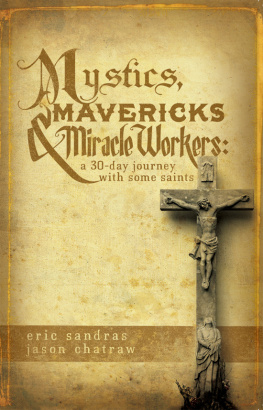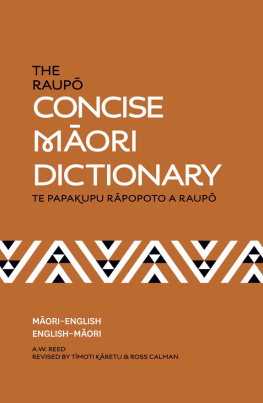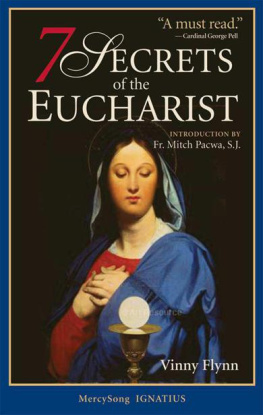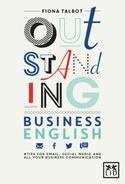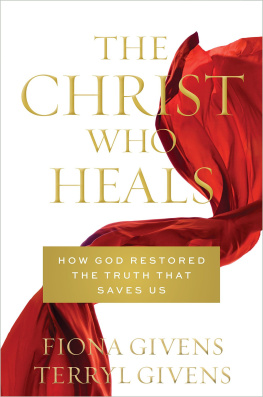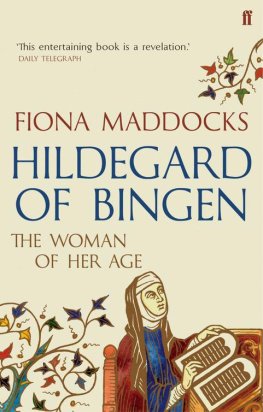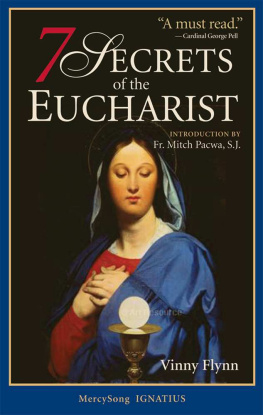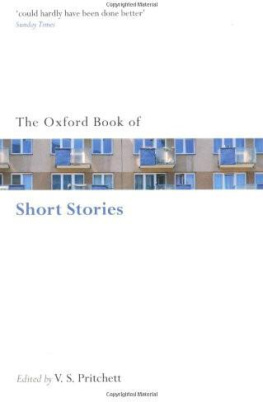Fiona Somerset - Feeling Like Saints: Lollard Writings after Wyclif
Here you can read online Fiona Somerset - Feeling Like Saints: Lollard Writings after Wyclif full text of the book (entire story) in english for free. Download pdf and epub, get meaning, cover and reviews about this ebook. year: 2014, publisher: Cornell University Press, genre: Religion. Description of the work, (preface) as well as reviews are available. Best literature library LitArk.com created for fans of good reading and offers a wide selection of genres:
Romance novel
Science fiction
Adventure
Detective
Science
History
Home and family
Prose
Art
Politics
Computer
Non-fiction
Religion
Business
Children
Humor
Choose a favorite category and find really read worthwhile books. Enjoy immersion in the world of imagination, feel the emotions of the characters or learn something new for yourself, make an fascinating discovery.

- Book:Feeling Like Saints: Lollard Writings after Wyclif
- Author:
- Publisher:Cornell University Press
- Genre:
- Year:2014
- Rating:3 / 5
- Favourites:Add to favourites
- Your mark:
Feeling Like Saints: Lollard Writings after Wyclif: summary, description and annotation
We offer to read an annotation, description, summary or preface (depends on what the author of the book "Feeling Like Saints: Lollard Writings after Wyclif" wrote himself). If you haven't found the necessary information about the book — write in the comments, we will try to find it.
Lollard is the name given to followers of John Wyclif, the English dissident theologian who was dismissed from Oxford University in 1381 for his arguments regarding the eucharist. A forceful and influential critic of the ecclesiastical status quo in the late fourteenth century, Wyclifs thought was condemned at the Council of Constance in 1415. While lollardy has attracted much attention in recent years, much of what we think we know about this English religious movement is based on records of heresy trials and anti-lollard chroniclers. In Feeling Like Saints, Fiona Somerset demonstrates that this approach has limitations. A better basis is the five hundred or so manuscript books from the period (13751530) containing materials translated, composed, or adapted by lollard writers themselves.
These writings provide rich evidence for how lollard writers collaborated with one another and with their readers to produce a distinctive religious identity based around structures of feeling. Lollards wanted to feel like saints. From Wyclif they drew an extraordinarily rigorous ethic of mutual responsibility that disregarded both social status and personal risk. They recalled their commitment to this ethic by reading narratives of physical suffering and vindication, metaphorically martyring themselves by inviting scorn for their zeal, and enclosing themselves in the virtues rather than the religious cloister. Yet in many ways they were not that different from their contemporaries, especially those with similar impulses to exceptional holiness.
Fiona Somerset: author's other books
Who wrote Feeling Like Saints: Lollard Writings after Wyclif? Find out the surname, the name of the author of the book and a list of all author's works by series.

